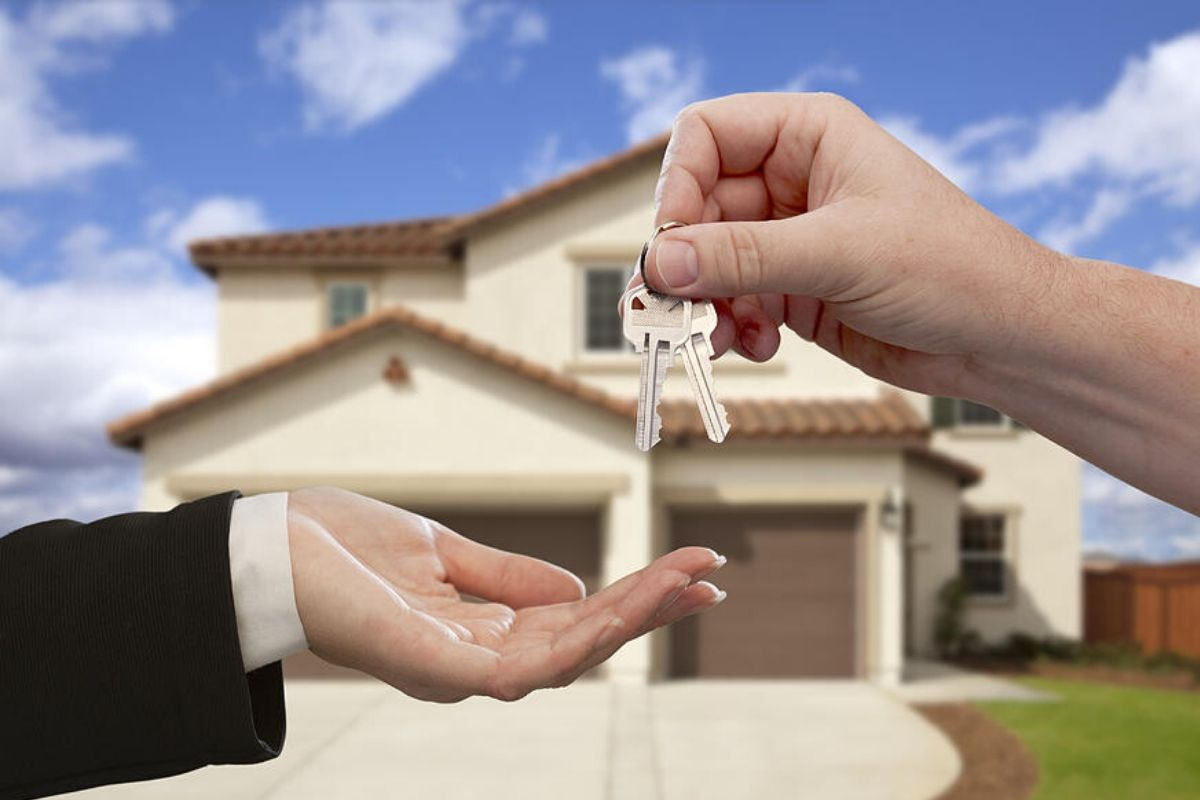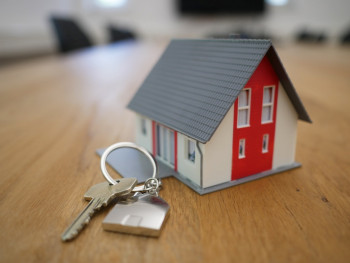A Beginners Guide For Young Home Owners
Buying your first home is a major milestone in life. But since it is usually a once in a lifetime event, people do not really know what to expect.
And because of the novelty of the event, you sometimes may get taken advantage of or just not make decisions that would be best for you.
Basic Tips for Young Home Owners - Do's and Don'ts
So what are some things you should keep in mind when getting your own home? If you are about to be a first-time homeowner then these tips might help you out a lot!
1. Don’t Just Focus On The Property

A lot of times people purchasing a home focus so much on the property itself that they forget the other things that might matter. The neighborhood, the location, and much more.
Apart from the property itself, you should look at its location and whether it is viable for you to commute to and from this destination every day. Don’t just focus on what the home looks like and what it has but also where it’s located.
2. Evaluate Your Current Need
If you are considering buying a house because all your friends are doing so then you really shouldn’t bother. Unless you are ready for it and it is the move that makes sense for you, do not do it.
If you want to catch up with friends or think this is what you should be doing at a certain age then it’s not a good idea. Being a homeowner comes with a lot of responsibility. If you are not ready for it then you might want to reconsider the idea of buying a house.
3. Explore Your Options
Before you start looking at home loans or cash in your stocks you might want to explore your options. Doing your research before prepares you for the kind of cost you might be looking at.
Plus different properties mean different costs unless you are sure of what you like do not start gathering money to finance a decision you have yet to make.
4. Don’t Skimp On Home Insurance
Buying a home is a big decision and takes a toll on your finances. The last thing you want to do is leave your investment unprotected.
Home insurance isn’t just in case of natural disasters but can also be taken out against big damages that might unexpectedly happen or robbery. It is a good idea to protect your assets, especially your home.
5. Hire Qualified Professionals for Jobs

If you have any repairs that need to be done in your new home then you need to hire professionals to assess the situation and suggest changes. Do not try to attempt major renovation projects on your own unless you are experienced in the field.
I know spending money on a professional’s service right after spending a huge chunk of money in actually buying the house seems tough but in the long run, it will pay off!
6. Hold Off On Buying Furniture
Once we get our own home, the excitement is a lot. And the adrenaline of being a homeowner makes one snap to a lot of decisions. One of them is purchasing all-new expensive furniture.
Having a new space which is probably empty because it might have more space than your previous living situation really makes you want to fill it up with nice furniture. But this is not a good idea, make sure if you do buy furniture it’s from discount outlets and second-hand stores.
You usually should wait a while after you have settled into a new place before you start decorating. You never know what kind of vibe you will want to go with once you settle in. So spur of the moment decisions on expensive leather couches as soon as you move in might not be a good idea.
7. Look At Websites Over Real Estate Agents

When you are starting out your preliminary research it is better to look at real estate websites rather than contact a real estate agent from the get-go. This will give you a better idea of what you are in search of.
Contacting a real estate agent at times makes things complicated as they try to push you into closing on a property so that they can make a sale. It’s better to do your own research and involve a real estate agent later on if you feel the need to do so.
Once you have a firm grasp on your price range, location and what you want. This will also reduce your chances of being taken advantage of.
8. Stick to your Budget
Once you start house hunting you will realize what exactly is out there. At times you will be tempted to consider houses of your price range but it is best not to give in to this urge.
If you have set a cap on the money you are willing to spend for home then do not go back on it and decide to spend more. This might lead to having to consider alternative sources of financing and put a strain on your overall financial state. If you have a budget remember you have it for a reason so do not overspend.
9. Plan For Other Costs Of Owning A Home
The payment you make for your home is not the only cost you will be incurring. There are a lot of things one must consider. This includes taxes, repair costs to your home, moving in costs, the fee taken by real estate agents and more.
It’s not simply just the cost of the home but much more. And you will be responsible for bearing it all. Unless you can afford to do that, you should not be considering buying a home.
Buying a home is an important step in life, yes. But the decision should be well thought out. Do not rush into something you are not completely sure about because such a weighty decision needs to be made in its due time.

Content












Join our growing community
Subscribers
Youtube
Twitter
Instagram
Facebook